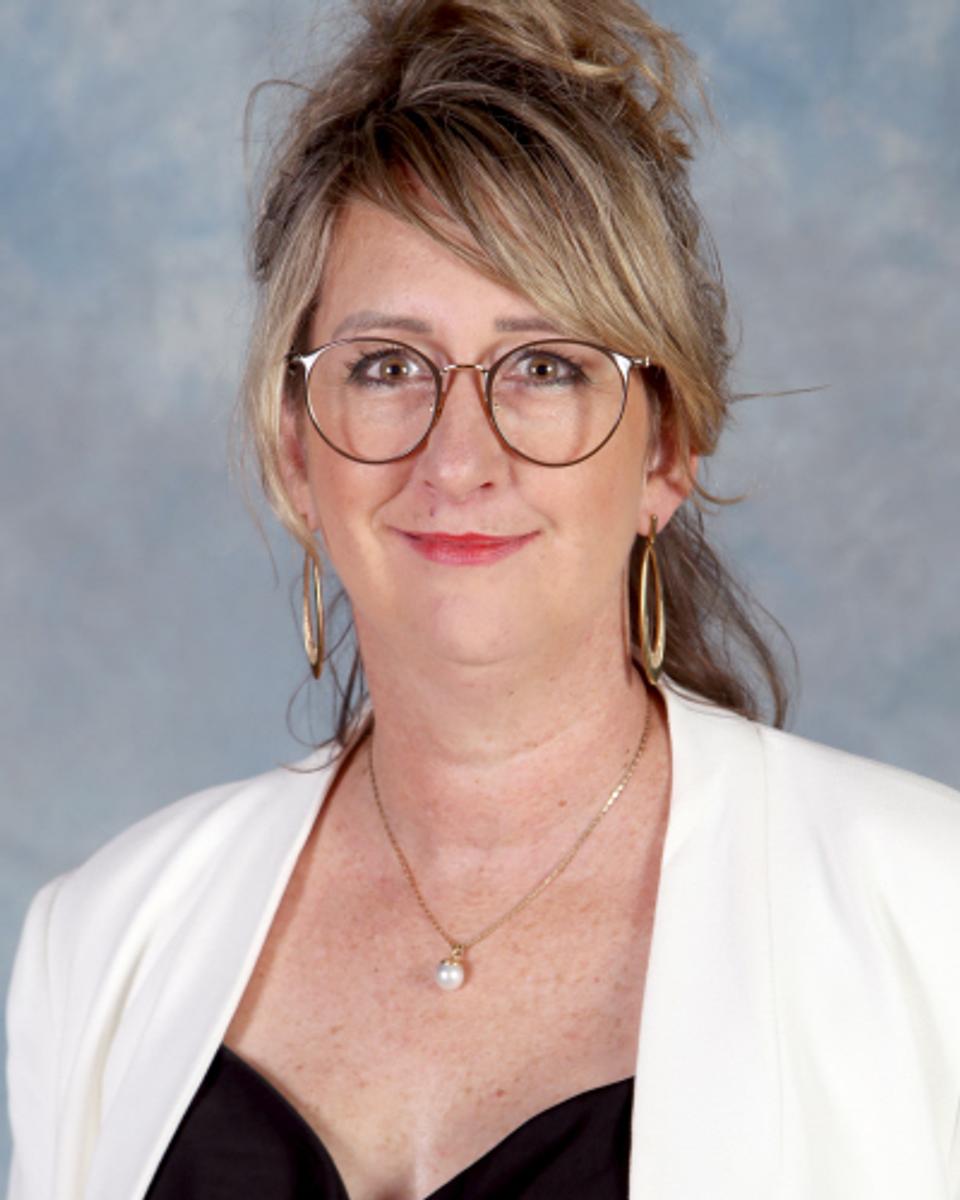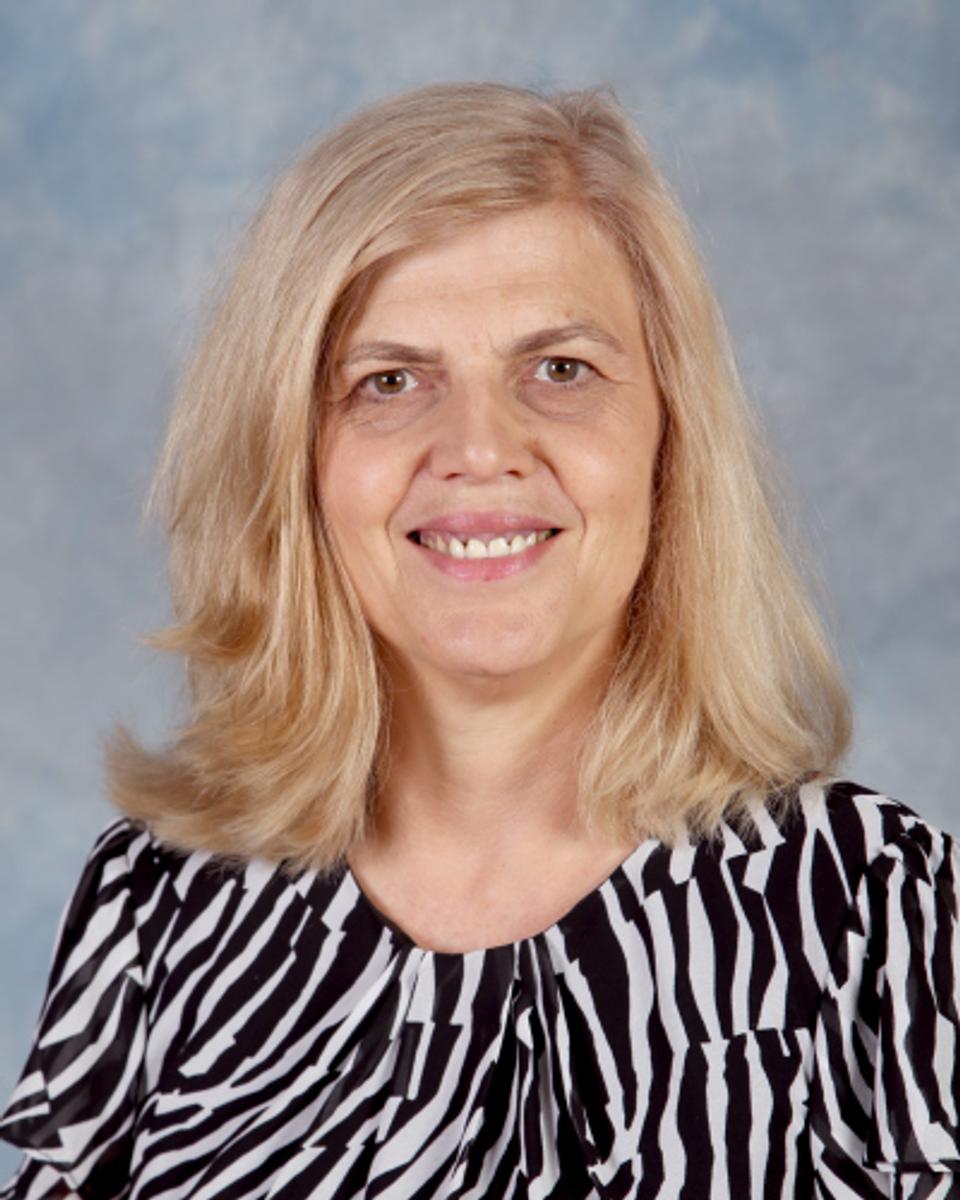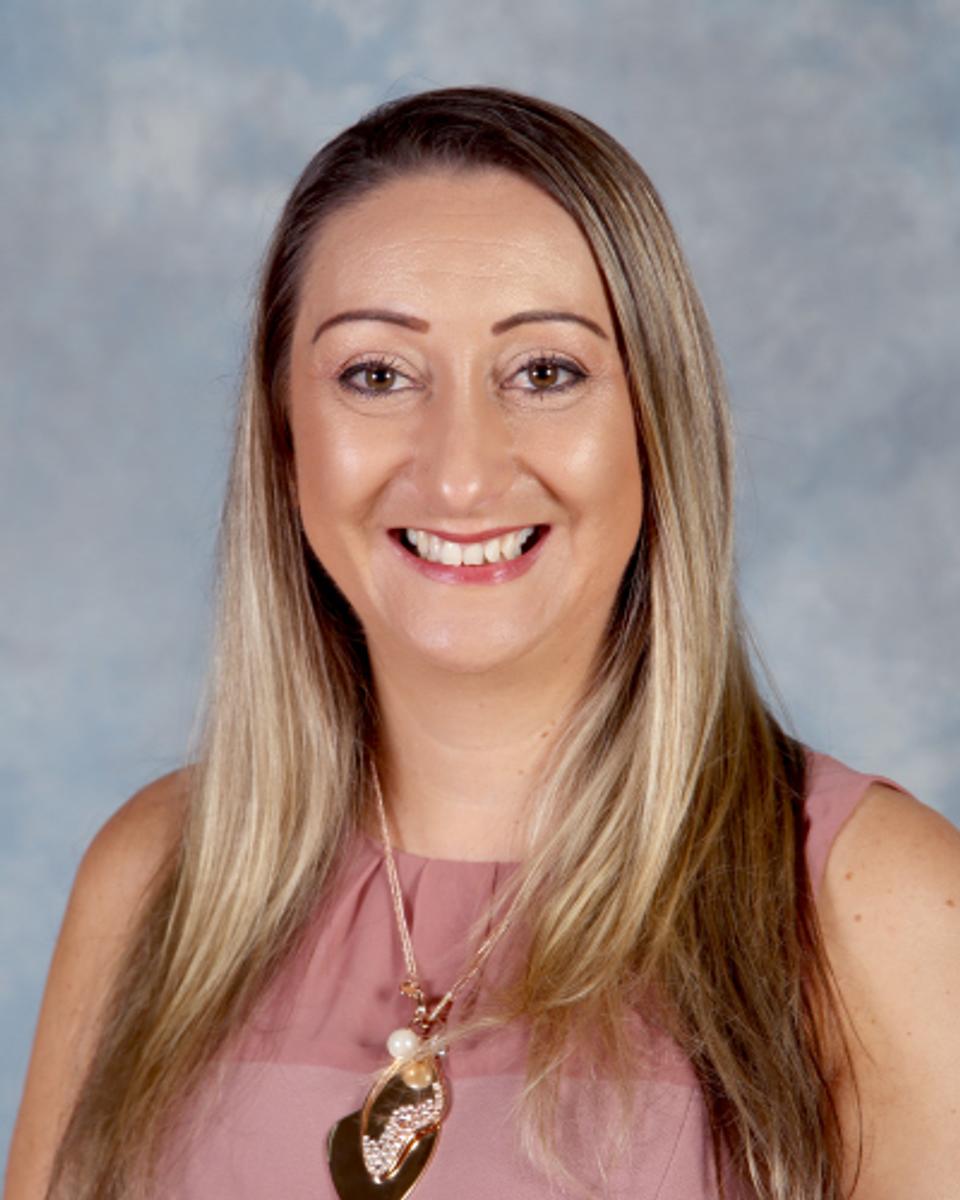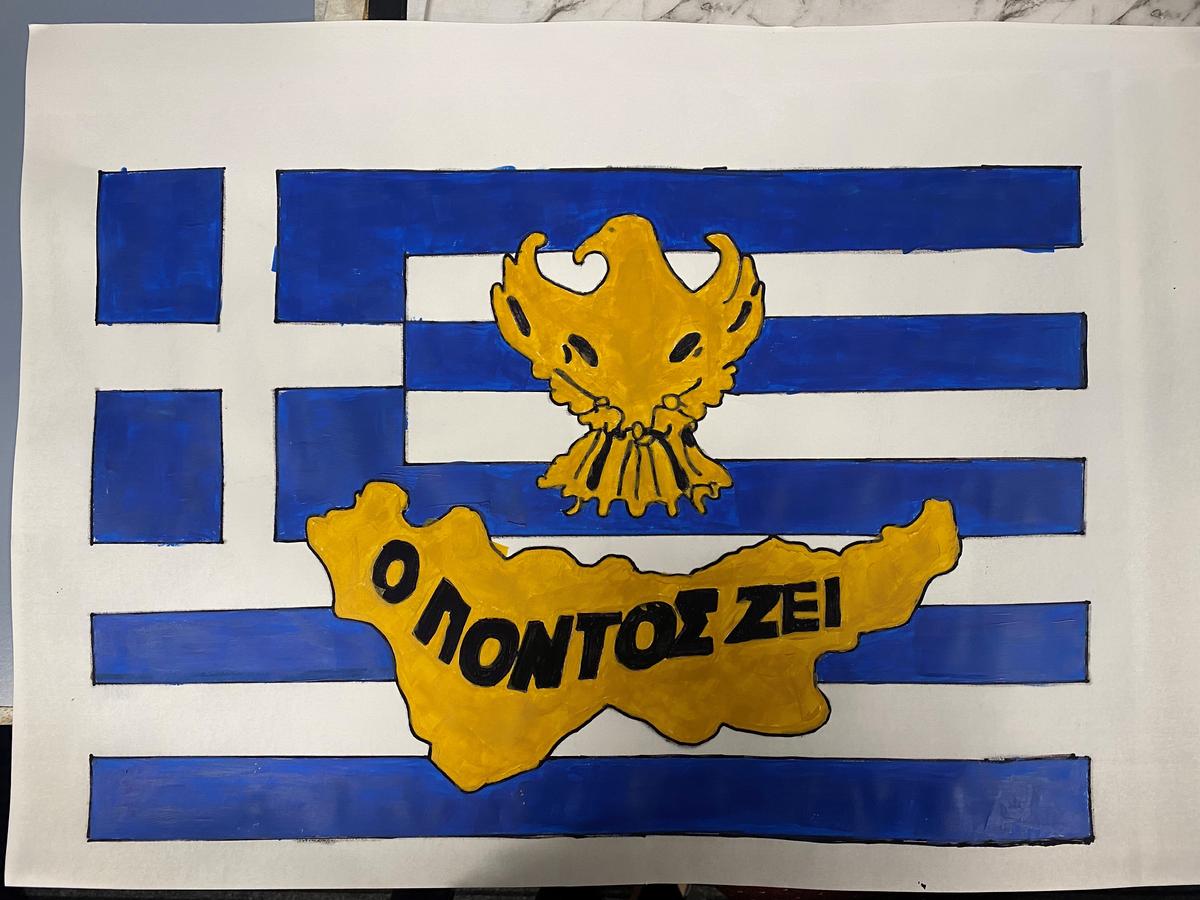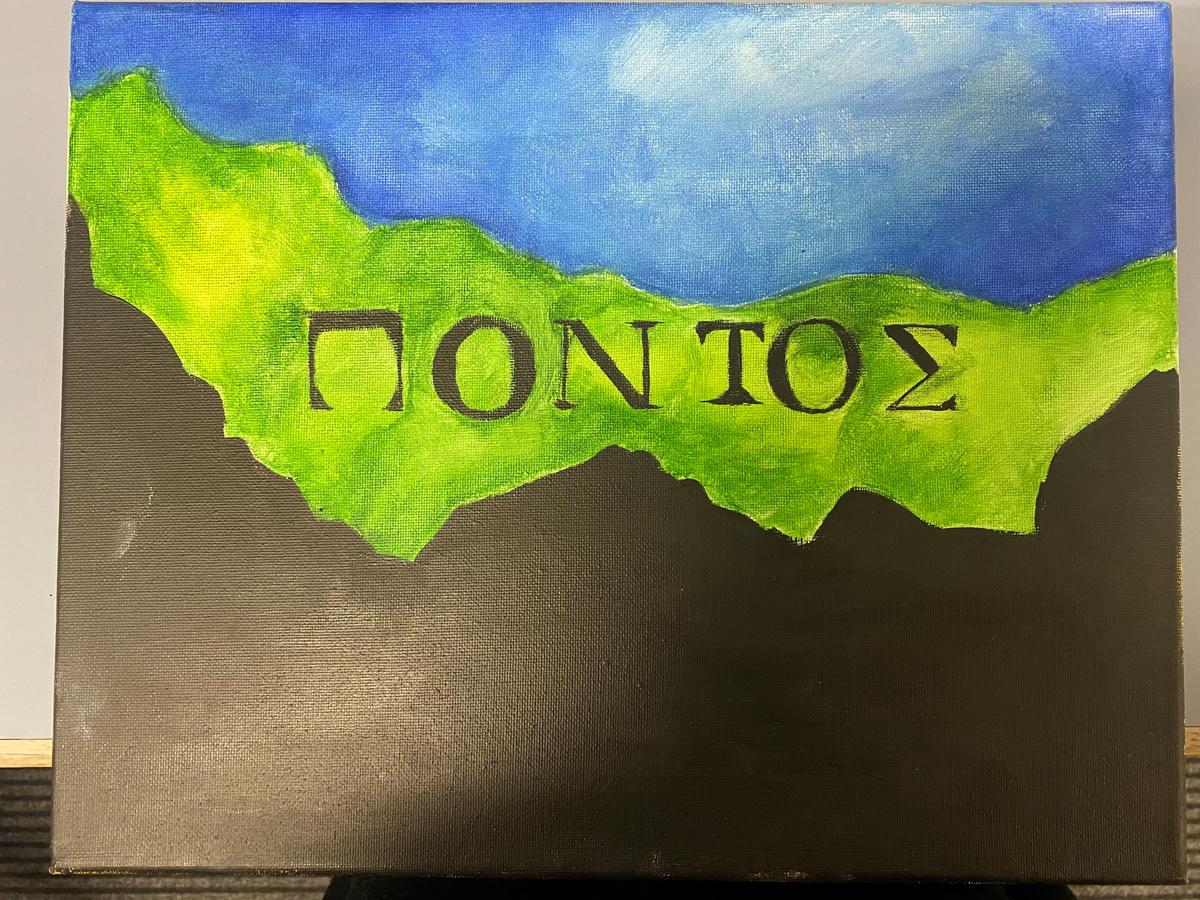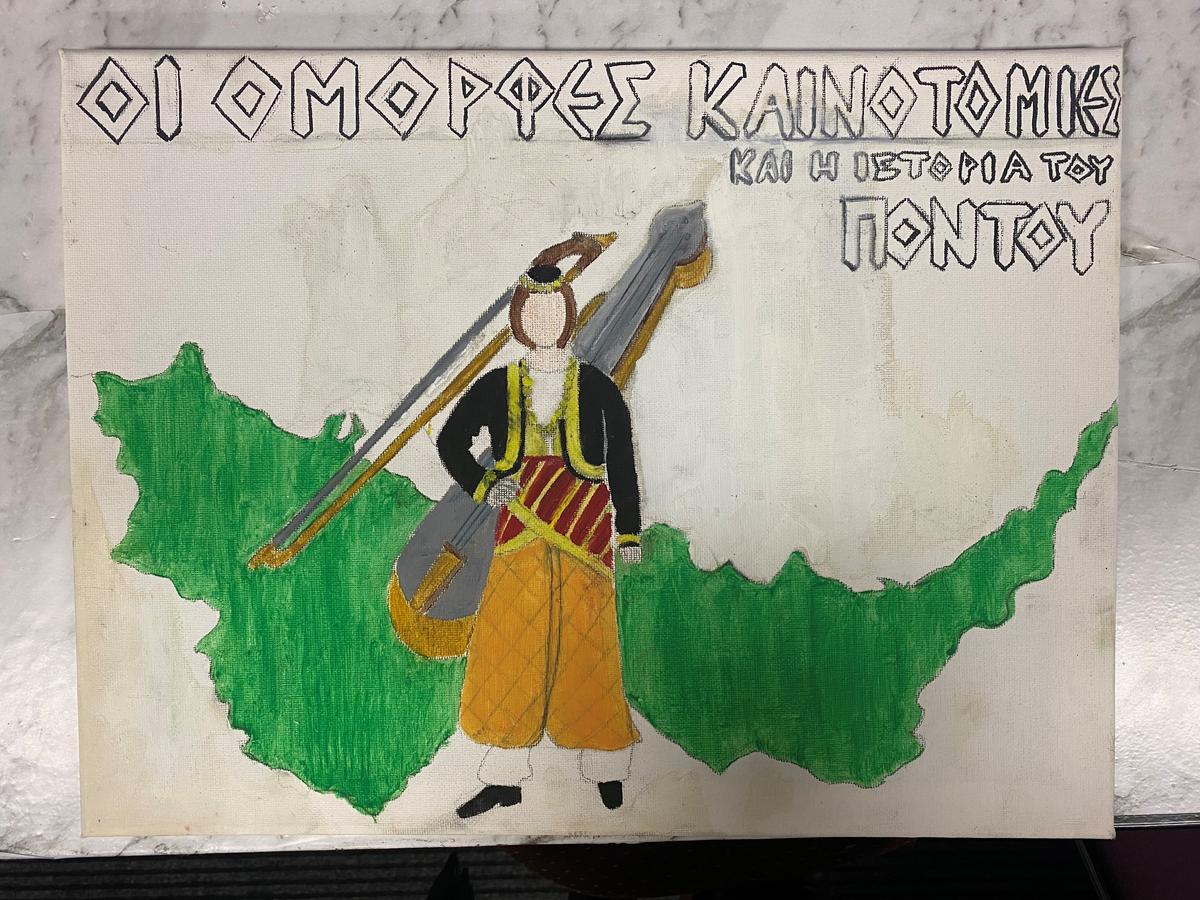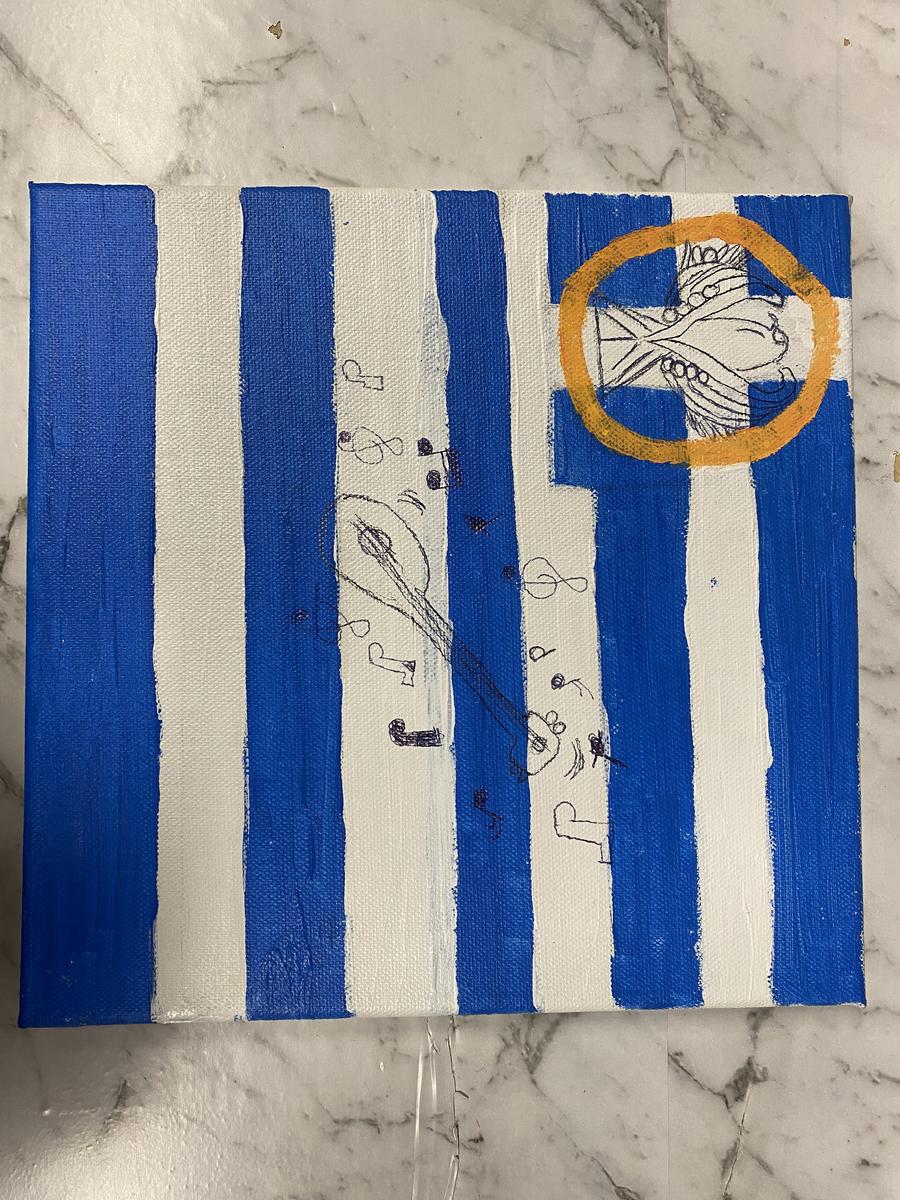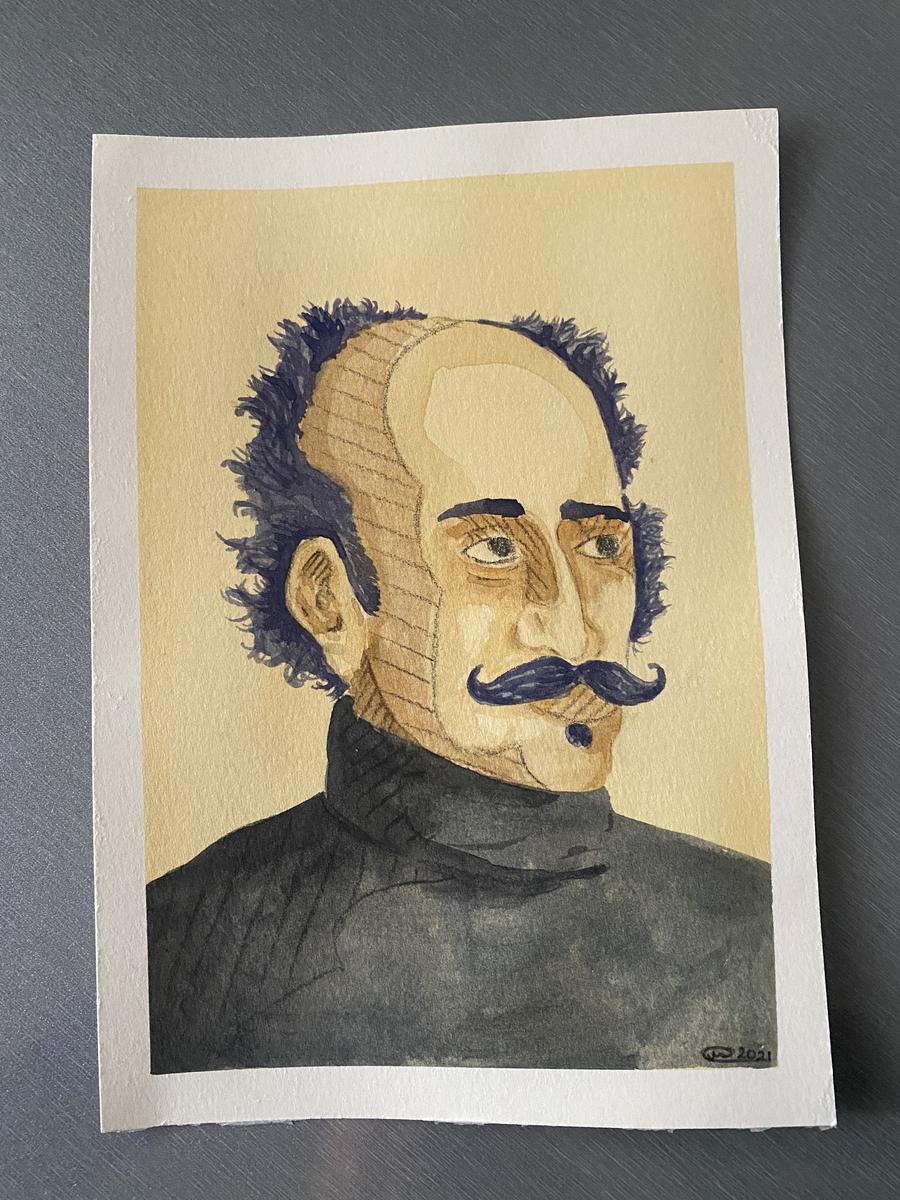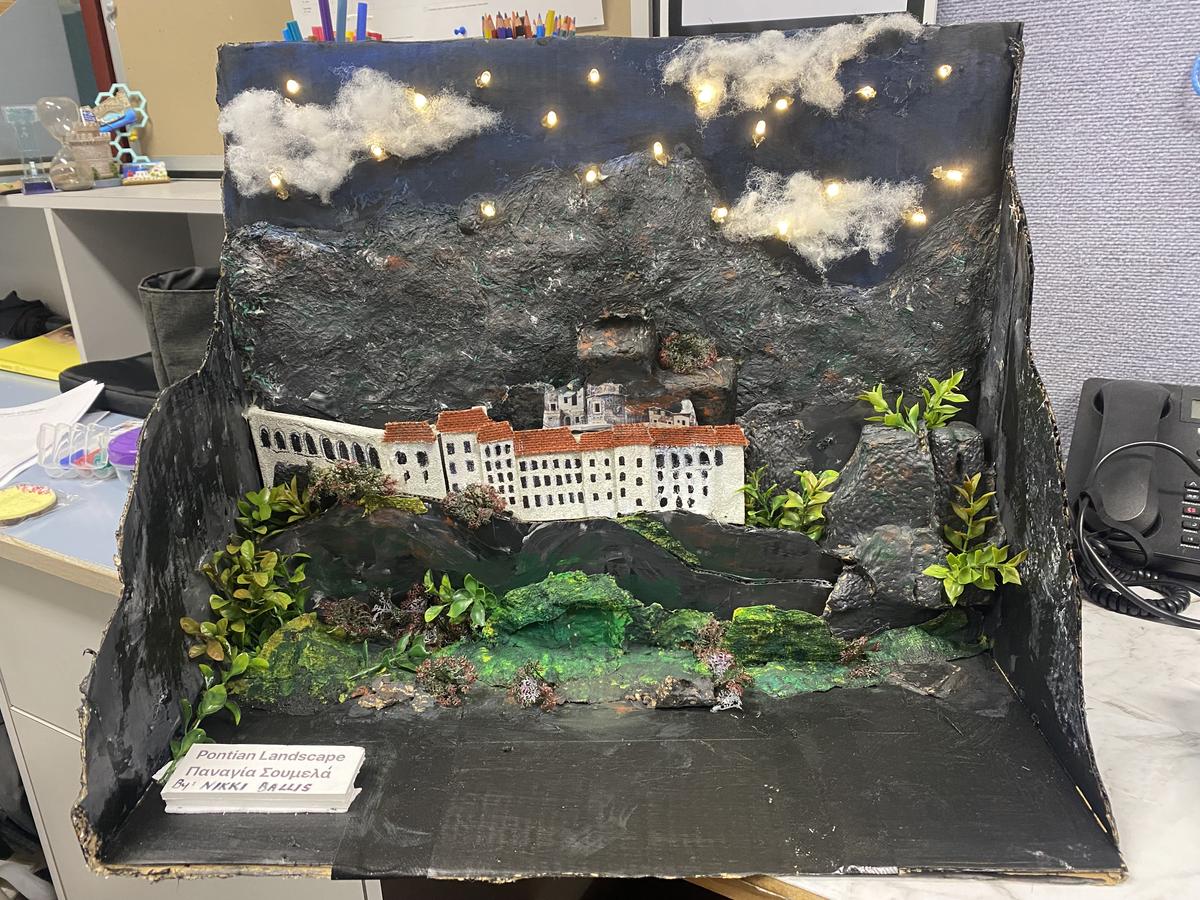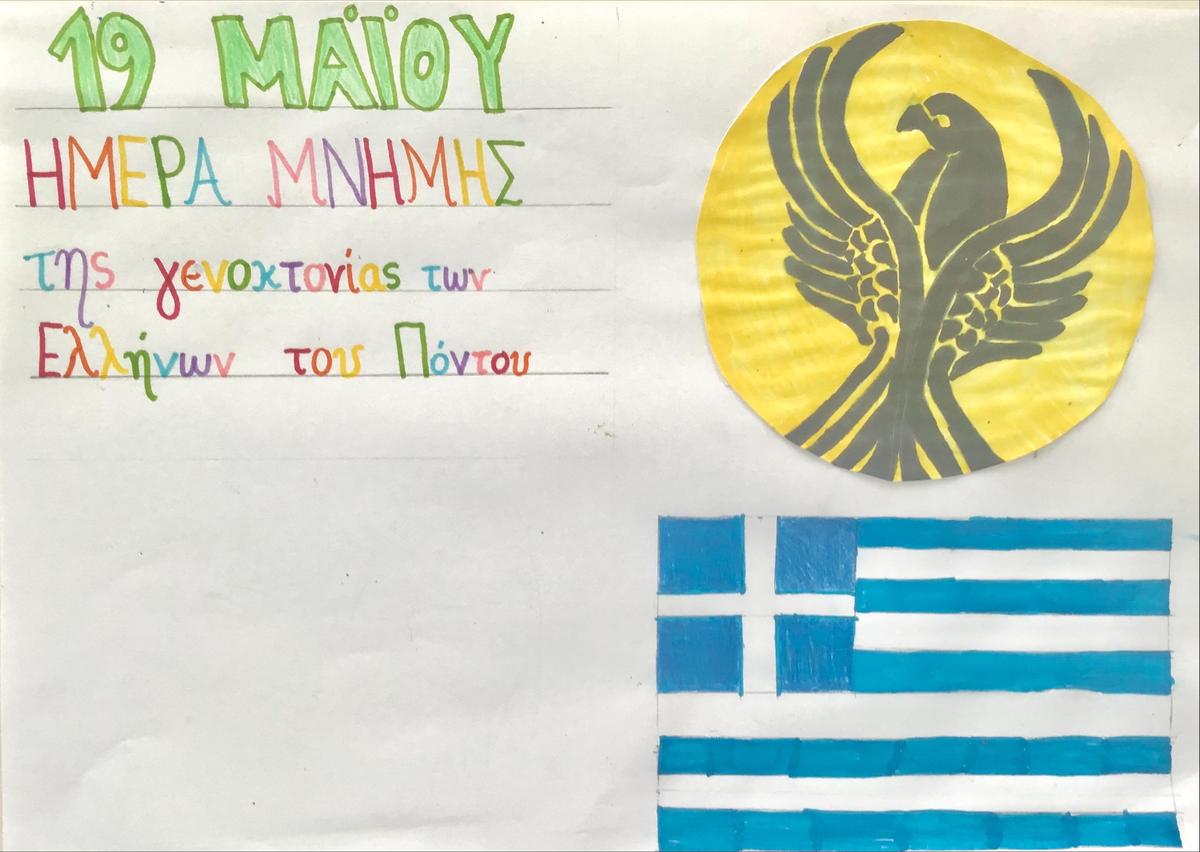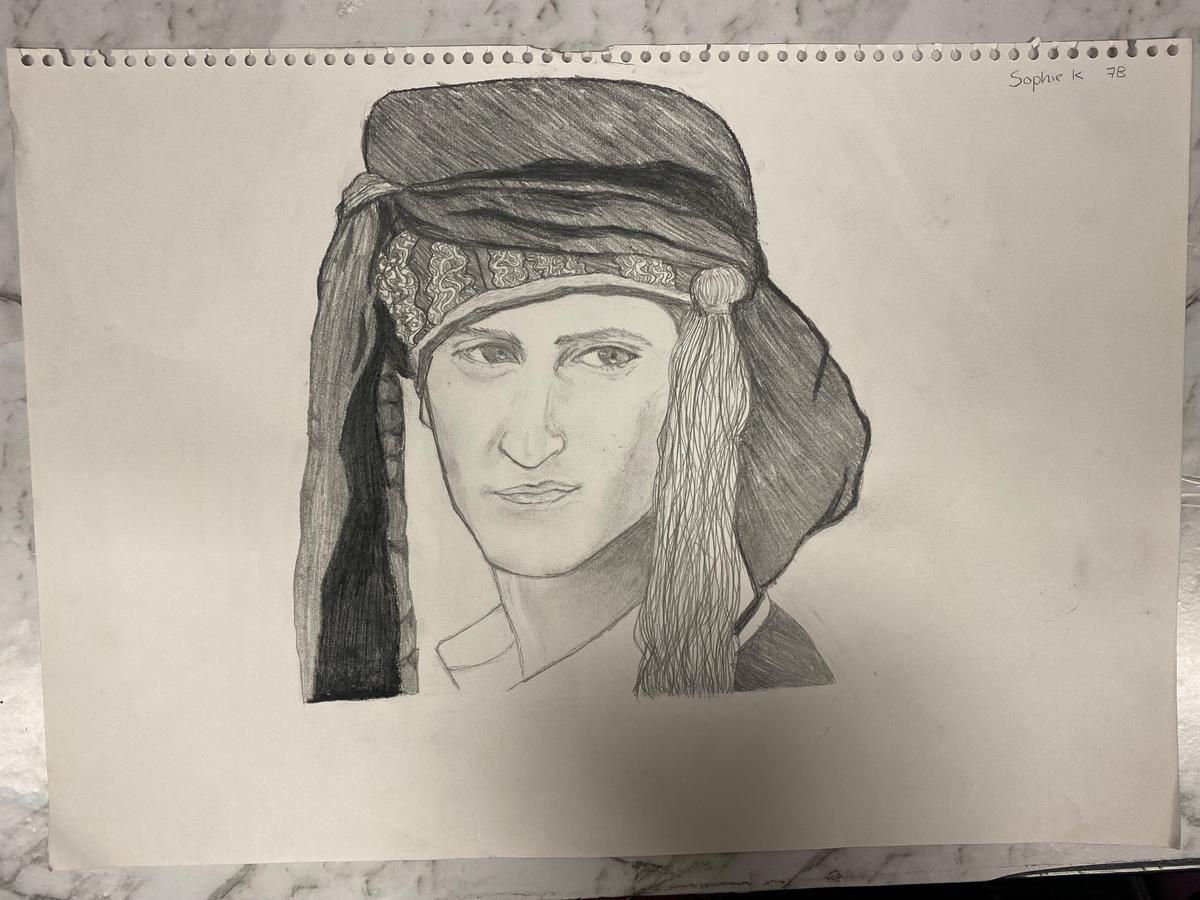Faculty News

Counselling
FIONA BAUDINETTE
Student Counsellor
Wellbeing – we know it’s important, but what is it and how do we get it?
The dictionary definition of wellbeing is – ‘the state of being comfortable, healthy, or happy.’ Psychologists refer to wellbeing as, ‘beyond feeling happy or of good health, but rather a state of flourishing where we thrive in many aspects of our lives.’ Wellbeing, therefore, is not simply about happiness and health, it’s about a state of mind where we are at peace with who we are, how we cultivate good relationships, use our strengths and contribute, and find pleasure in our challenges and interests. A strong sense of wellbeing protects us from low moods and negative thoughts about ourselves. It allows us to realise our own potential, cope with everyday stress and work productively. These elements help us live life to potential.
No wonder a state of wellbeing feels good. But how do we get it? Five main factors have been shown to contribute to human wellbeing. They are;
1. Positive Emotion – taking responsibility for our feelings and cultivating happiness and gratitude.
2. Engagement – being connected to activities where we find pleasure.
3. Relationships – positive and supportive connections to others.
4. Meaning – being part of and working toward something bigger or greater than ourselves.
5. Accomplishment – pursuing mastery or achievement in something.
Working on each of these factors not only helps us promote wellbeing but helps us flourish in all aspects of our life. If you wish to improve your own wellbeing it would be best to concentrate on one area at a time. Perhaps start with, Positive Emotion. This doesn’t mean that we are not allowed to feel negative emotions, as this is important too. It means that when negative emotion arises we make a conscious decision to address what we can to resolve the negativity and then choose not to dwell in the negative state of mind. Once you feel you are doing this most of the time, you could then focus on Engagement. Notice and strive for a connection to the things you enjoy. Take a moment to notice the enjoyment you get from these activities. Often, we do things, even things we enjoy without realising the happiness or relaxation we derive from them. As you feel you are achieving one element of wellbeing, add the next into your active thought so you can build on it too. Before long, you will notice not only an improvement in overall happiness but a sense of acceptance and peace with who you are. What a great way to live your life!
Middle Years Programme
MELISSA FITZGERALD
IB MYP Coordinator
Maths
ANGELA KORLOS
Head of Mathematics/Science
Congratulations to the following students who achieved awards in the Australasian Problem-Solving Mathematical Olympiads:
Senior Competition Years 7 & 8:
Alexander KORLOS, Highest Individual Score Senior APSMO & Top 10% of Australasian participants
Mary ALEXOPOULOS, Top 25% of Australasian participants
Benjamin CARMODY, Top 40%
Minuga KURUWITA, Top 40%
Saverie ARCURI, Top 40%
Mattea GEORGES, Top 40%
Nicholas PAPAGEORGIOU, Top 40%
Manni TALIAS, Top 40%
Jeeya FANDA, Top 50%
Manny LAZOS, Top 50%
Louise WANG, Top 50%
Junior Competition Years 5 & 6:
ConnieLEKKAS, Highest Individual Score Junior APSMO & Top 40% of Australasian participants
Thomas PRIFTIS, Top 50% of Australasian participants
Congratulations to all the selected Year 5 – 8 students who participated.
Hellenic Culture
ANASTASIA SPANOS
Hellenic Culture Coordinator
This year, students studying Greek had the opportunity to participate in different competitions organised by Greek community organisations. These competitions have helped students improve their language skills and have taught students about the different aspects of Hellenic Culture.
The Pontian Coordinating Committee for the Commemoration of the Greek Genocide organised their annual Student Competition for Pontian Hellenism and the Greek Genocide. Students from Year 5, 6, 7, 8 and 9 of LOTE Greek classes took part in this competition. The aim of this competition is to give students the opportunity to conduct their own research to learn, describe, comment and illustrate an understanding of topics relating to the Hellenic presence that existed in the East, the reasons why communities were forcibly uprooted from their ancestral lands, and the aspects of their culture and identity that survived. Students were encouraged to partake in this competition by completing either a written piece in the form of a short story, an essay, a narrative, an article, a poem, or a painting. Students used their imagination and became very creative by producing some outstanding artwork. Results will come out shortly and we would like to wish the best of luck to all students who decided to take part in this competition and learnt about this significant historical event!


